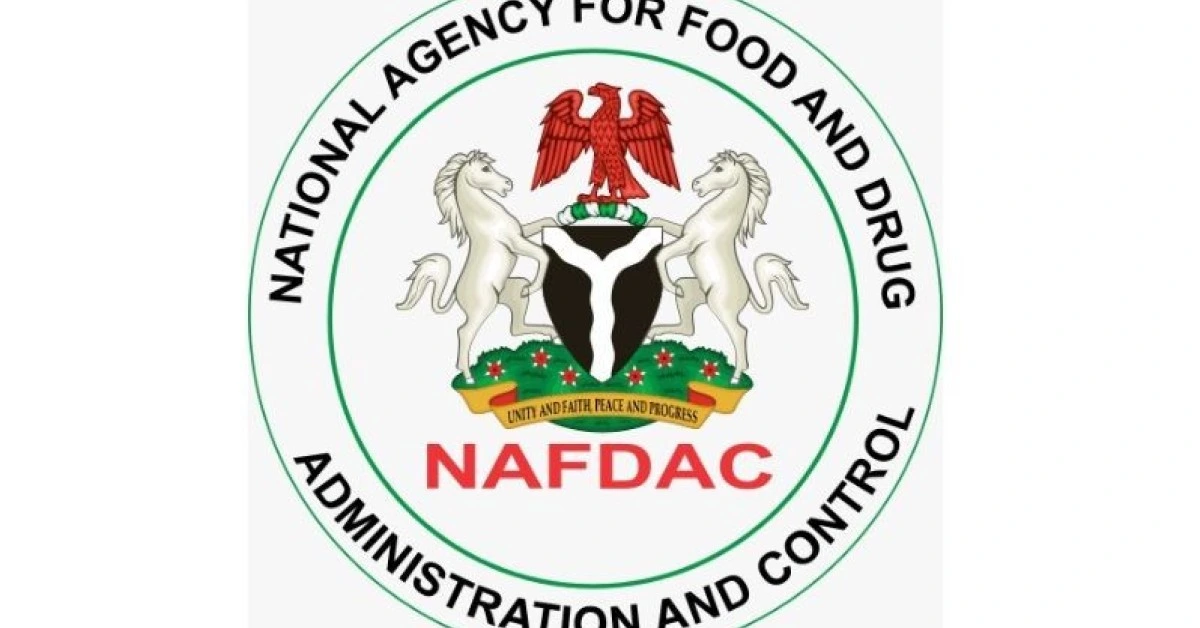
NIGERIA – The National Agency for Food and Drug Administration and Control (NAFDAC) has responded to two key issues: allegations linking the Pharmacy Council of Nigeria (PCN) to counterfeit drug distribution and concerns over delays in importing leprosy medication into the country.
NAFDAC denies report linking PCN to fake drugs
NAFDAC has strongly denied a recent media report that accused the Pharmacy Council of Nigeria (PCN) of involvement in the distribution of counterfeit drugs.
The agency clarified that it did not issue any report indicting PCN, calling the claims “false and misleading.”
According to NAFDAC Director-General, Prof. Mojisola Adeyeye, the agency has always collaborated with PCN to regulate pharmaceutical practices and ensure the safety of drugs in Nigeria.
She emphasized that both organizations work together to eliminate counterfeit and substandard medicines from the market.
“NAFDAC and PCN have a long-standing relationship in safeguarding public health. Any attempt to create division between the two agencies is baseless,” she stated.
NAFDAC explained that its regulatory efforts include surveillance, inspections, and enforcement operations across the country to track and eliminate fake drugs.
The agency warned that spreading false information could damage public confidence in the healthcare system.
Efforts to combat counterfeit drugs
Counterfeit drugs remain a serious threat in Nigeria, with fake and substandard medicines leading to health complications and deaths.
NAFDAC has ramped up its efforts to control the problem through measures such as:
Prof. Adeyeye urged the public to be cautious when purchasing medicines and to report any suspicious drug products to NAFDAC.
She reassured Nigerians that the agency remains committed to ensuring the availability of safe, high-quality medicines.
Leprosy drug importation delays: NAFDAC explains
In another development, NAFDAC addressed concerns about the delay in the importation of leprosy medication, reassuring Nigerians that the issue is being resolved.
The delay, according to the agency, was caused by global supply chain disruptions rather than any failure on its part.
Prof. Adeyeye explained that the drugs, which are essential for treating Hansen’s disease (leprosy), are not produced locally but sourced internationally. The agency is working with global partners to speed up the delivery process.
“We understand the urgency of this matter and are making every effort to ensure that the medications arrive soon. There is no deliberate delay, and we remain committed to meeting the needs of patients,” she stated.
Global supply chain challenges affecting drug imports
NAFDAC noted that disruptions in global supply chains have affected the availability of several essential medicines, not just leprosy drugs.
The COVID-19 pandemic, international shipping restrictions, and increased demand for pharmaceutical products have contributed to delays.
To address this, NAFDAC is:
The agency reassured Nigerians that leprosy patients would receive their medications as soon as the shipments arrive. Meanwhile, healthcare providers are being advised on managing available stock to ensure continued treatment for affected individuals.
NAFDAC’s commitment to public health
NAFDAC reiterated its commitment to protecting Nigerians from counterfeit drugs and ensuring timely access to essential medications.
The agency called for public cooperation in reporting fake drugs and urged patience as it works to resolve supply chain challenges.
“Our goal is to safeguard public health. We will continue working tirelessly to eliminate counterfeit drugs and improve access to life-saving medications,” Prof. Adeyeye concluded.
XRP HEALTHCARE L.L.C | License Number: 2312867.01 | Dubai | © Copyright 2025 | All Rights Reserved